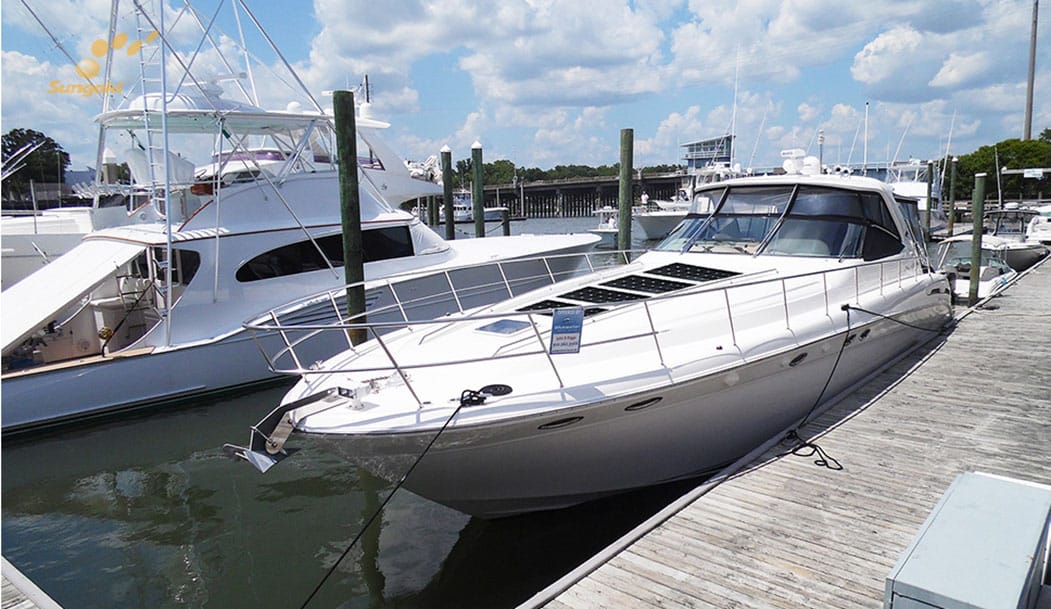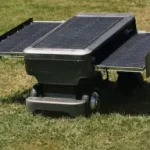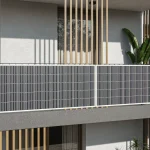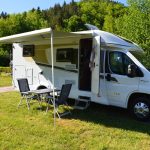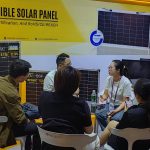While there is a bit of an upfront cost to purchasing a flexible solar panel for your boat, you will more than make up that money over time. This is because the savings of using a flexible solar panel will outweigh the costs quickly.
Once you have purchased and installed flexible solar panels, there is not a lot more cost to maintain them. In this way, you will end up saving a ton of money, since all of those extra gas funds you were burning through to run your lights and appliances is now staying in your wallet.
Not only that, but flexible solar panels are much better for the environment as well. Since they do not create any sort of exhaust or pollution, you can do your small part to help our planet stay cleaner, which is to everyone’s benefit.
Features to consider while choosing a flexible solar panels marine
There are several different factors that you need to take into consideration when you are looking for the best solar panel for marine use.
If you are looking for the most efficient type of flexible solar panels for boats, then you can go with the monocrystalline. They are much more common on the market and believed to be more energy efficient and long-lasting.
Voltage
The voltage is the amount of energy that is required to move energy from one source to another. Depending on what the voltage requirements are for your batteries and appliances, you will need to make sure that the solar panels provide the proper amount. Otherwise, they will not be able to move the proper amount of electricity along to charge or run your equipment.
Current
The current, or AMP, is how quickly the power will flow from the solar panel to your batteries. This will help you figure out how long it will take for your batteries to recharge after you have been using them to run your lights or appliances. The higher the current, the quicker the batteries will recharge.
Power
Depending on what type of appliances you intend to run off of your batteries, you need to decide how much wattage you need your solar panels to supply. The best guideline is to get panels that will provide 20% more power than you need.
This will help alleviate any issues you might encounter on cloudy days.
Dimensions
The dimensions of the solar panel will play a big part in how much energy they can provide you. Basically, the larger the panel, the more sun they can soak up. The size of your boat will limit the dimensions of your panels since you only have a particular amount of space to install the panels.
Weight
Solar panels are, by and large, relatively light. Even the heaviest panels, such as the Sungold 100W Monocrystalline Solar Panel don’t even weigh twenty pounds. This makes them perfect for pretty much any craft. It will also allow you to choose between permanently installing them or just putting them up when you need them, which can help save space on a smaller boat.
Extra features
Since you are going to be mounting these panels onto a boat, you need to make sure that they are entirely waterproof. Otherwise, they are going to fail quickly when you are out on the water. Another good feature to keep in mind is whether you want the panel to be rigid or flexible. A flexible panel can be better aimed towards the sun, while rigid panels are more durable and less expensive.


